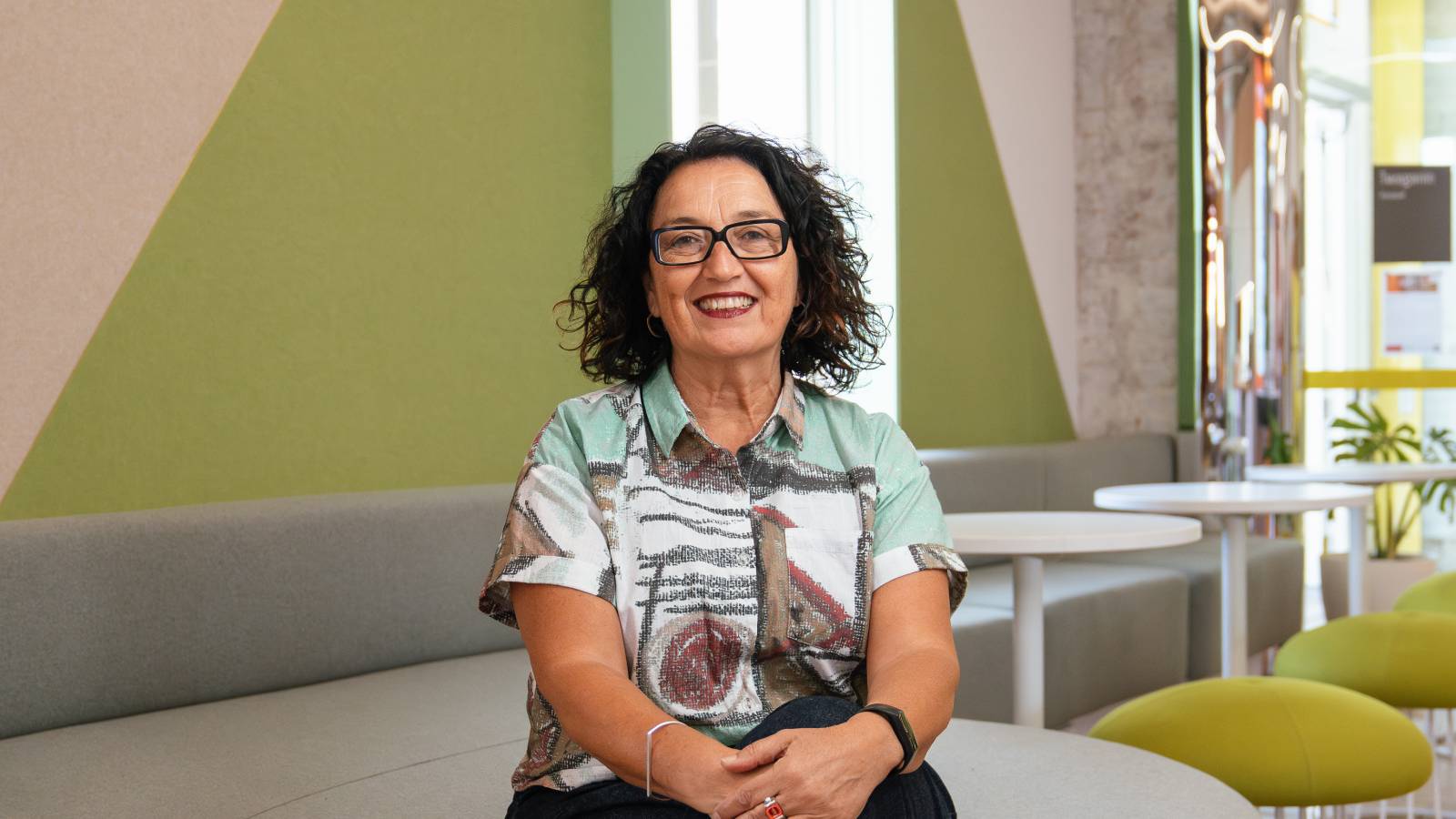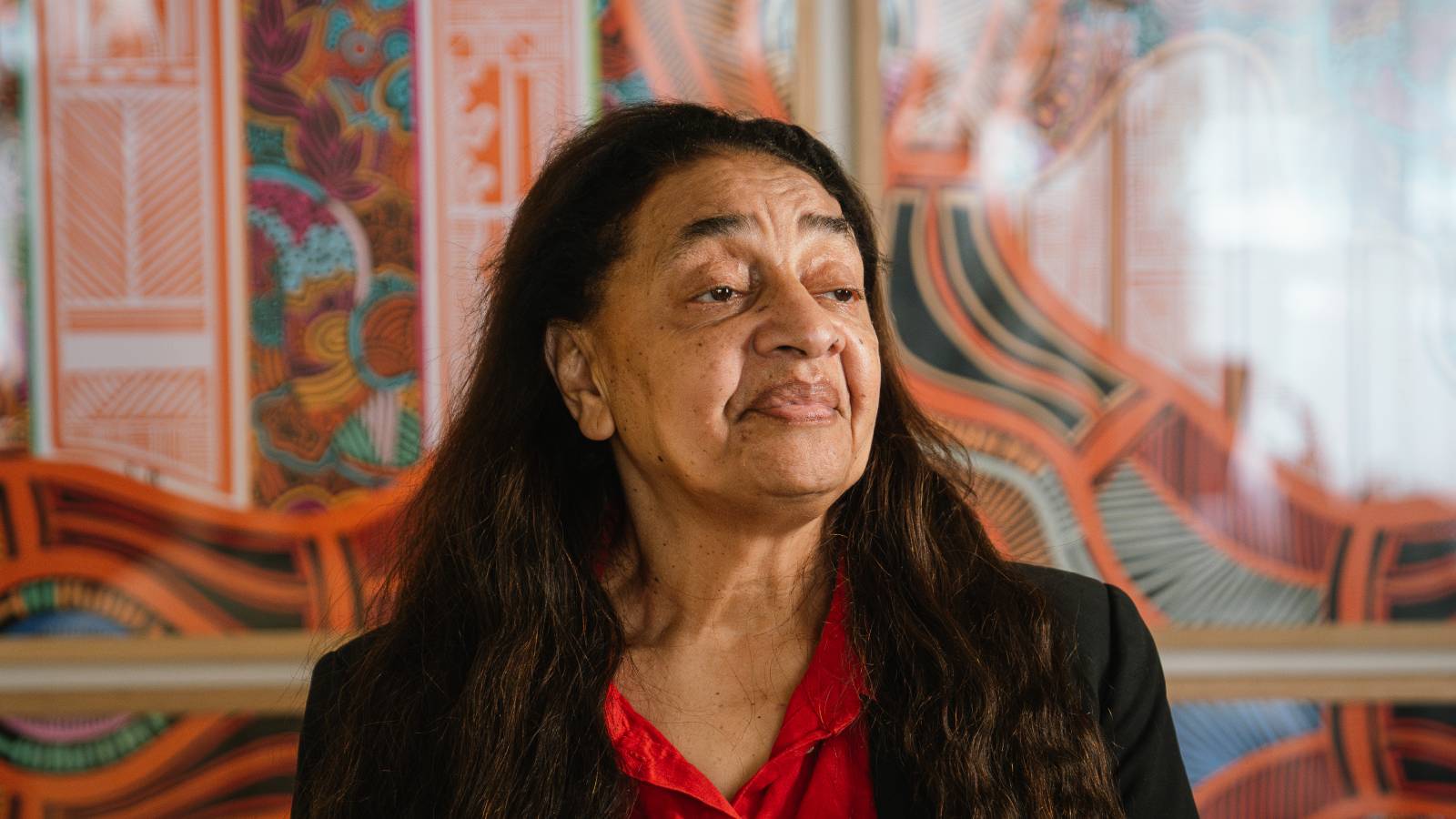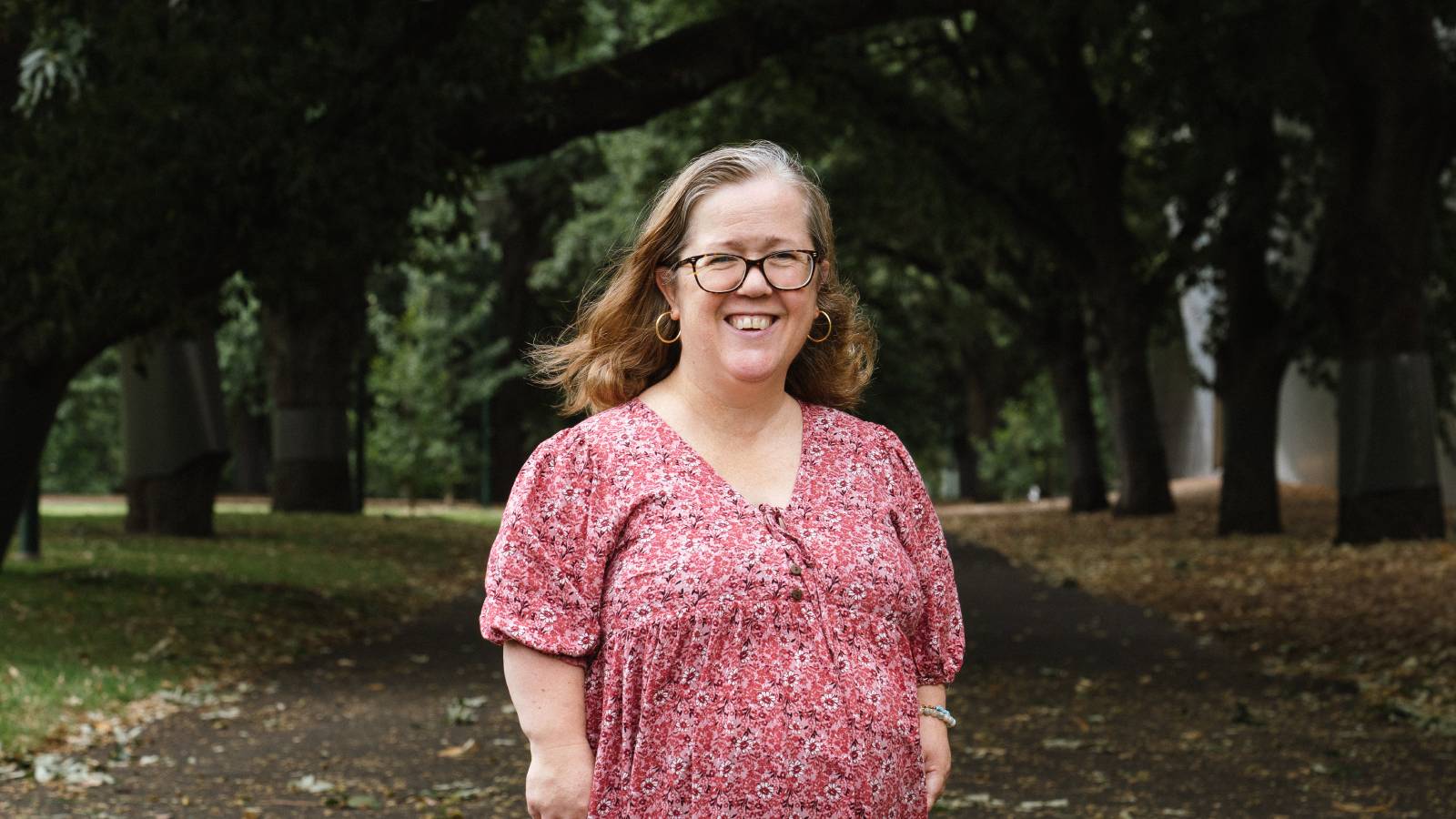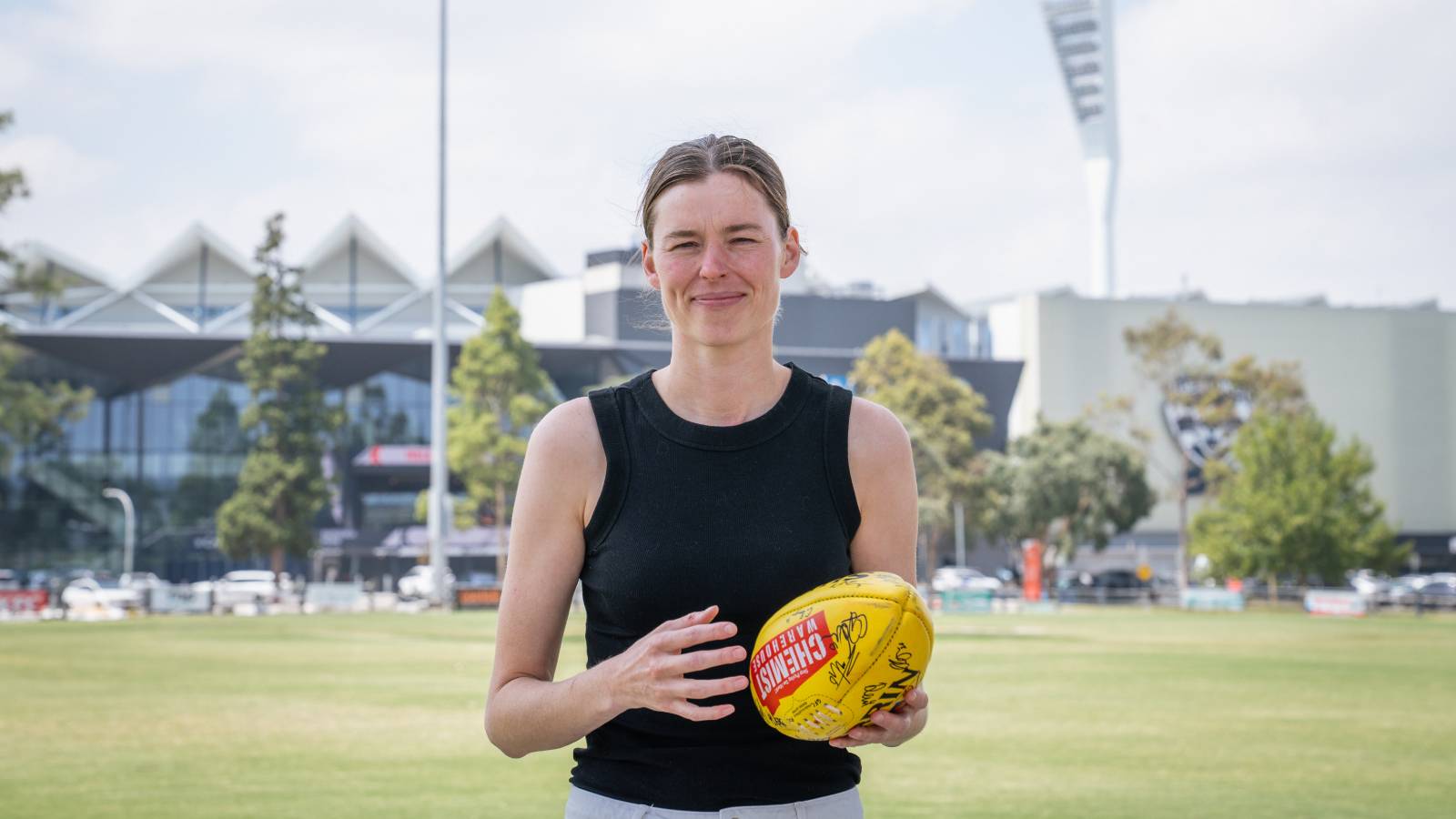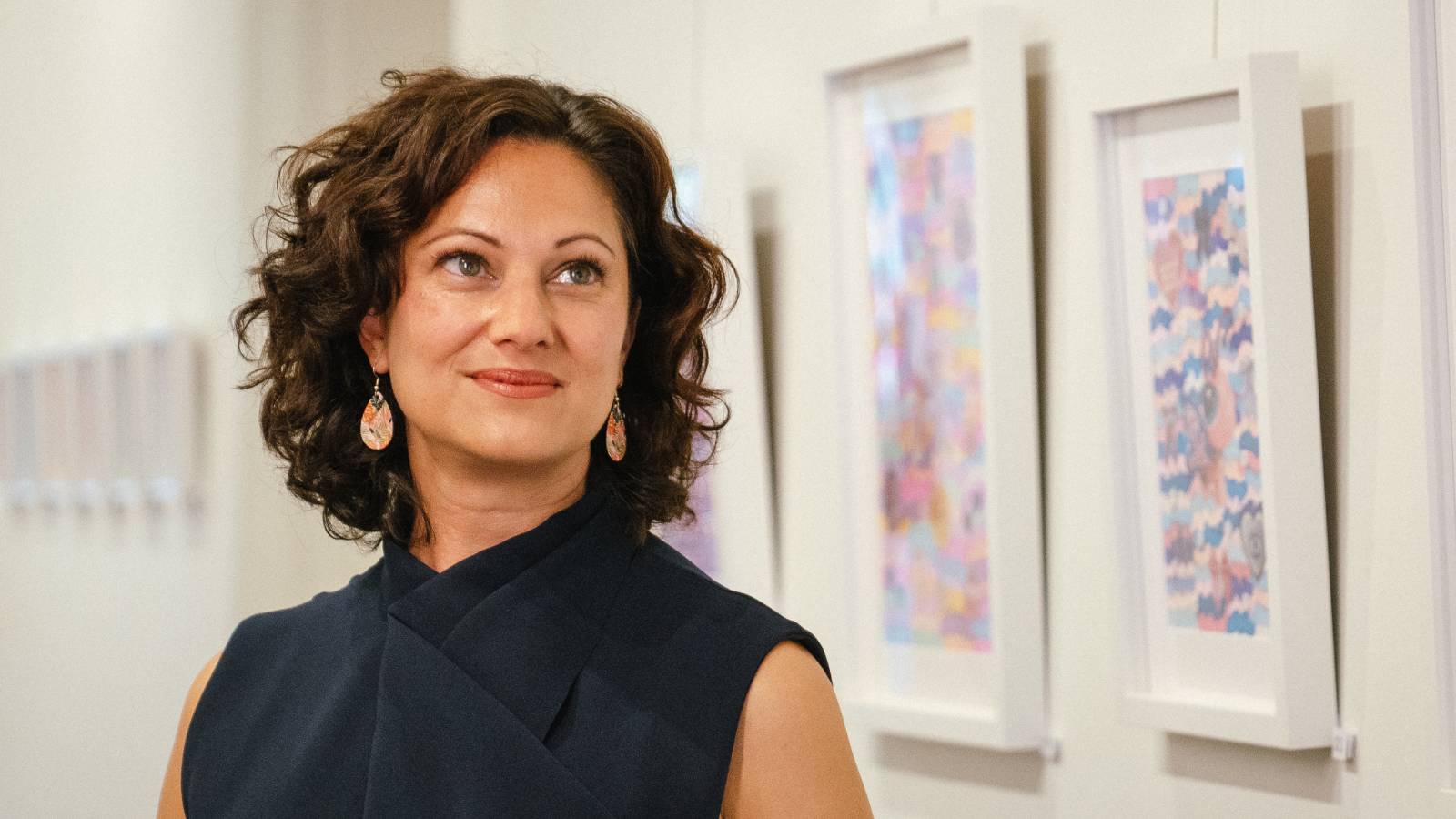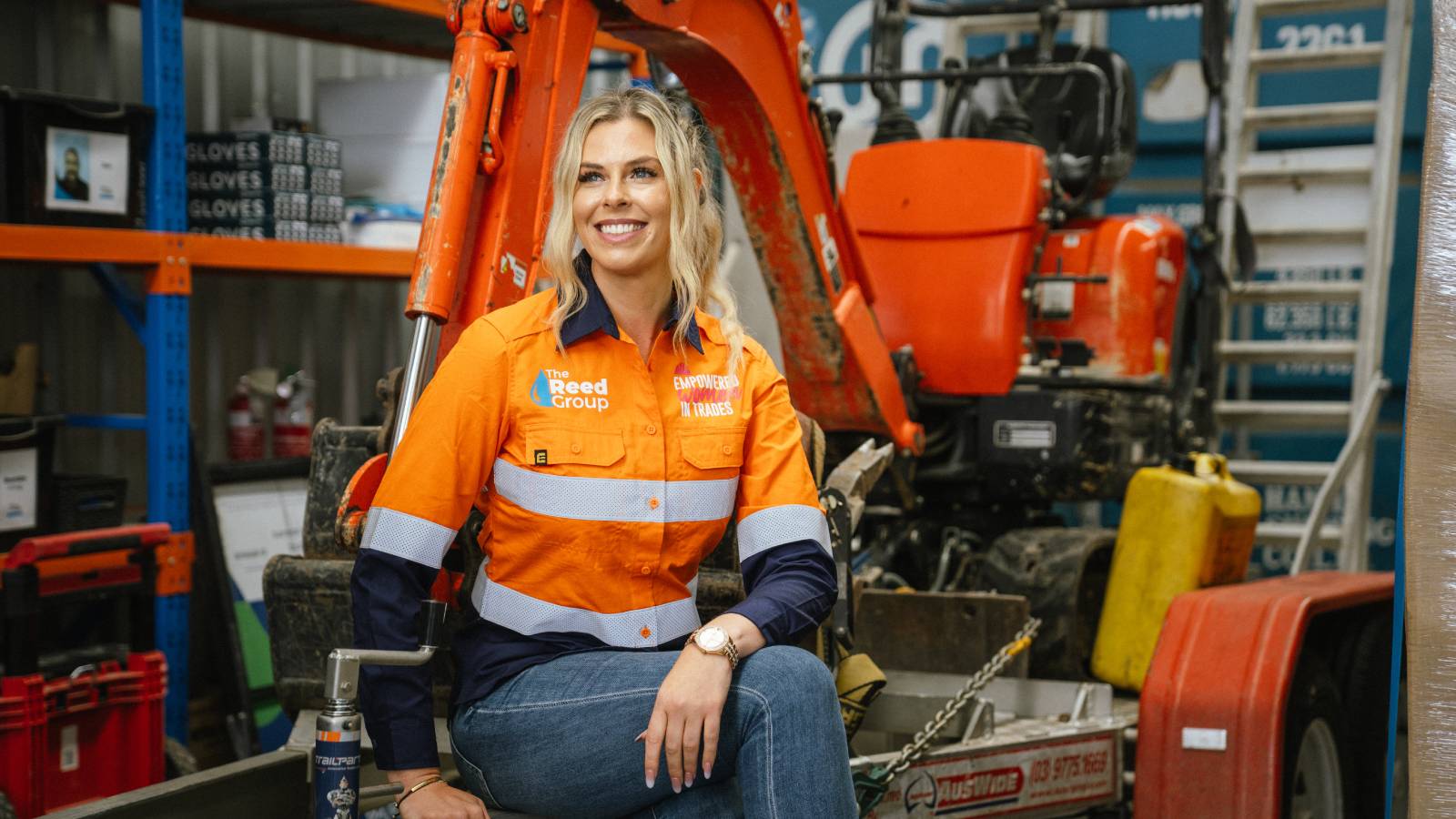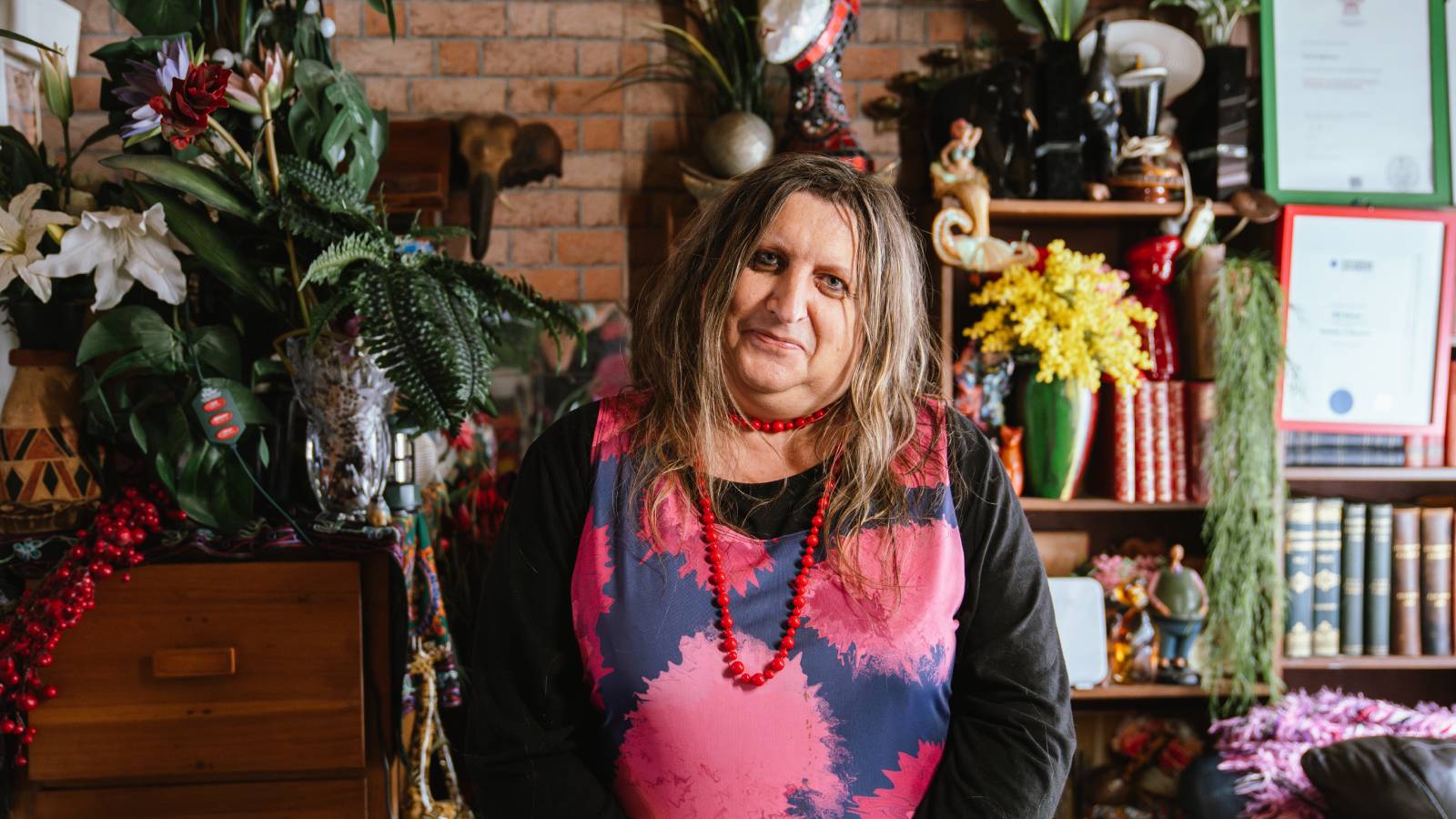International Women’s Day is celebrated annually on 8 March.
It’s a time to focus the world’s attention on gender equality and the empowerment of women – to reflect on progress, call for change and to celebrate the courage and determination of those who have changed the face of gender equality.
This year’s theme is ‘March Forward’ and we asked members of the Our equal state Reference Group to reflect on milestones achieved here in Victoria - and their hopes for the future.
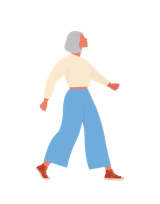
1920: Mary Rogers elected as first woman councillor in Victoria
On 5 November 1920 Mary Rogers was elected to Richmond City Council, becoming the first woman councillor in Victoria, and the second in Australia (after Grace Benny in South Australia).
"Mary Rogers blazed a trail when she nominated for and was elected to Richmond City Council. A union activist, she became interested in local government to address critical issues such as child health and clean milk.
She was a decision maker and role model in her local community, providing an important voice for women.
Today, women make up 43% of councillors, 45% of mayors, and 48% of deputy mayors. But the work isn’t done.
We need to keep progressing until we achieve gender parity and importantly, ensure that women in all our diversities are represented."
Cr Kristine Olaris OAM - Mayor, City of Darebin, social justice change maker
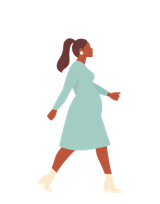
1960s: Victorian Aboriginal and Islander Women's Council forms
The Victorian Aboriginal and Islander Women’s Council was established by Geraldine Briggs AO, Margaret Tucker MBE OBE, and Merle Jackomos, in conjunction with other prominent women of the time. The Council lobbied government on issues of specific concern to Indigenous women, such as cultural preservations, land ownership and the employment of Aboriginal welfare workers.
Other states followed, and in 1972 a National Council of Aboriginal and Islander Women was formed.
"I am a descendant of a matriarchal clan, Dhulanyagan Ulupna, Yorta Yorta nation. My grandmother Geraldine Briggs AO, and my great aunt Margaret Tucker MBE OBE influenced my path.
My mother is Frances Mathyssen AM. Since time immemorial, they've taken me to meetings and lots of community marches and sit-in protests that have stood the test of time. I'm quite fortunate to have inherited the bones of a fantastic Aboriginal women's organisation.
We weave strength and collaboration with our women and girls who we work alongside. There is an abundance of momentum around what Aboriginal women and girls want, what they aspire to do and how they choose to move forward.
Moving forward, Aboriginal women and girls are ever present, strong with the same passions, but it's an intergenerational passion. We get stronger in numbers, more articulate, and more contemporary with our views.
Forever moving forward like my totem Bigarrumndjs (emu), this is not about playing catch up anymore! It's a different genre for us and how we do business."
Leanne Miller AM - Leading advocate for governance and social equity.
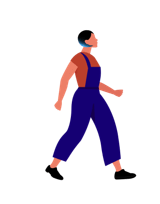
1985: The Victorian Government discussion paper ‘Why women’s health?’ was developed to support a new women’s health policy
This discussion paper drew on community consultations with 7000 women and existing women’s health services. This paper led to a decision from the Department of Health to fund Victorian Women’s Health Services.
And by 1992 every Victorian region had a dedicated Women’s Health Service and a statewide women’s health information service was established.
"Having a dedicated Women’s Health Services Network in Victoria for nearly forty years is very important, advocating for the rights of women and gender diverse people to access safe sexual reproductive healthcare. Centering the consumer voice in all aspects of health planning is a priority."
Carly-Anne Myers OAM - Gender and Disability Advisor at Women’s Health Grampians
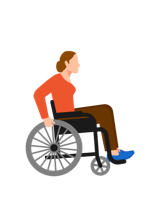
2017: Launch of Women's Australian Football League
After much deliberation and controversy, the Women’s AFL League was finally launched on 3 February, 2017, at Ikon Park in Melbourne.
“The launch of AFLW was a pivotal turning point as it had such a cascading effect for gender equality for communities, women and people everywhere. Sport has the power to change public discourse and in ways that not much else can.
Women’s footy gave us a blueprint for saying – has this historically been a place of belonging for women? And if the answer is No – which was the case for women in footy - why not? And what do we need to do to change that?”
Dr Erin Hoare - Associate Professor, Psychologist, former AFLW Footballer

2018: Tampon Tax repealed by Australian Parliament
Following an 18-year campaign, state and territory governments voted unanimously to remove the GST tax on tampons and sanitary products for women which had previously categorised them as ‘luxury items’.
And in November 2024 the Victorian Government launched the Free Pads and Tampons program. The Victorian Government is providing free pads and tampons through vending machines located in public places across Victoria.
"The milestones reflect that we have women in power who are willing to discuss women’s health and why policy is being introduced like the tampon tax repeal and free period products.
It’s because there are decision-makers now that understand that this impacts 50% of the population and it should not be something that half of us have to deal with or be challenged by or be taxed additionally.
While we've invested in and had some great wins in gender equality, it needs to go across the lifespan. We need to go from the earliest through to our older years, and I think this is where we need to do better if we truly are to march forward.
I feel inspired, yet at times despondent, that we have had such great progress in gender equality, but on many levels, it's still static. There's still so much more work to be done. At this rate we will not reach gender equality for five generations and that's just unacceptable."
Micaela Drieberg - CEO Gender Equity Victoria
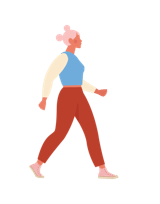
2024: Victorian Government releases Making it equal
Making it equal is the Victorian Government’s strategy to encourage more women and girls to pursue a career in manufacturing, while supporting the industry to create inclusive and accessible workplaces for everyone.
"I'm starting to see a lot more men wanting to be the champions of employing more women, wanting to learn and understand how to create psychological safety in their workplace, how to create a sense of belonging. And I definitely feel we're making progress in the mindset of schools and teachers and in showing what careers look like.
There's not that much heavy-lifting in manufacturing any more, the industry has changed so much to be very sophisticated and detailed-orientated. It's an industry where I think women can absolutely add so much value and really bring their skill sets. If you can see it, you can very, very much be it."
Hacia Atherton - Founder and Chair of Empowered Women In Trades
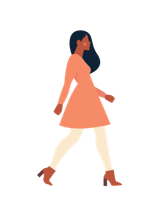
2024: Our equal state Reference Group established
The reference group was established to provide high-level, strategic advice on the implementation of Our equal state: Victoria’s gender equality strategy and action plan 2023-27, and on opportunities to use policy, programs and services to progress gender equality across government.
Reference group members include experts and individuals with lived experience across sectors as diverse as health, business, academia, education, the community sector and the public sector.
"The Our equal state reference group is very important to me as we are actively shaping Victoria's gender equality strategy and providing valuable insights and voices to the government that are impactful and truly reflective of the diverse experiences within our communities.
I’m passionately involved in 25 community advocacy committees and advisory groups, and with them I can amplify the voices of women with intersecting identities. We want to ensure every woman's unique experiences are valued and addressed."
Ricki Spencer – Teacher, LGBTIQA+ health sociologist, community TV host and podcaster
Updated

